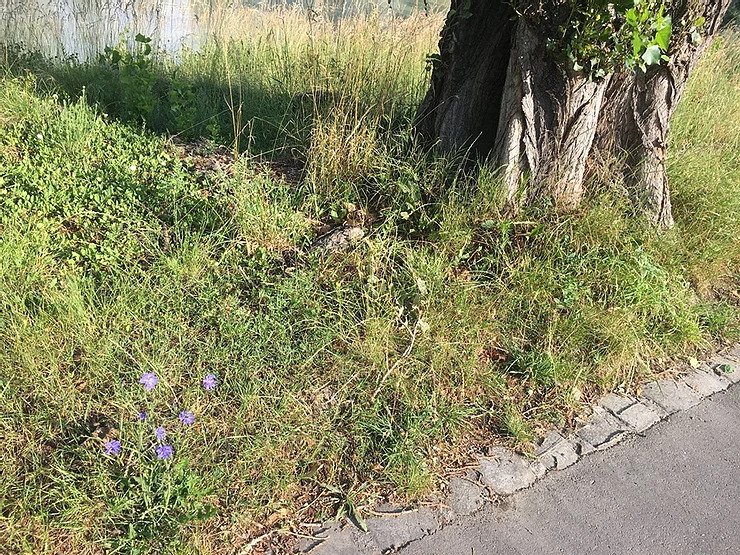“Then the disciples of John came to him, saying, ‘Why do we and the Pharisees fast, but your disciples do not fast?’ And Jesus said to them, ‘Can the wedding guests mourn as long as the bridegroom is with them? The days will come, when the bridegroom is taken away from them, and then they will fast. And no one puts a piece of unshrunk cloth on an old garment, for the patch tears away from the garment, and a worse tear is made. Neither is new wine put into old wineskins; if it is, the skins burst, and the wine is spilled, and the skins are destroyed; but new wine is put into fresh wineskins, and so both are preserved.’” (Mt 9: 14-17)
Today, on the final day of the Apostles’ Fast for NC-people, and on its fifth day for us OC-people, we have this reading on fasting. The Lord gives two reasons why the Apostles did not fast, as did John’s disciples and the Pharisees, while He was “with them”: 1. It was not the appropriate time for them to do so, and 2. They were not ready for the “new” forms of piety, including a “new” kind of fasting in the Era of the Church, in the “communion of the Holy Spirit”; of the “new” Comforter, Who was to be sent to them on Pentecost.
How is our kind of fasting, in the Era of the Church, “new”? It is closely connected to our “new” kind of eating and drinking, which is sanctified and dignified, if you will, by our eating and drinking of the Body and Blood of Christ. We not only fast, but we also feast, as Church, “around,” or focused on, the celebration of the Eucharist. It is the Eucharist that is always the focal point of our celebration of church-feasts, and it (the Eucharist) is always preceded by shorter or longer periods of fasting.
Why is abstinence from, and partaking of, “food” a central part of our “new” life in the Church? Because it is our “bad food-choice” in the garden, when we chose to seek “nourishment” where God did not bless us to, that led to our brokenness (Gen 3). And this continues to be the case with us, that we get broken by seeking “nourishment” in the wrong places, – physically, spiritually, and intellectually. I mean, we might seek it in junk-food, harmful amounts of alcohol, or other drugs; in unhealthy relationships; and in noxious sources of information and entertainment. Through our communal, physical fasting-and-feasting, the Church offers us a useful instrument, which helps guide us also into spiritual fasting-and-feasting, that is, into the proper boundaries of our search for “nourishment.” Because the physical affects the spiritual, and vice-versa, as we learn if we try it. Glory be to God for our nourishing Tradition.






